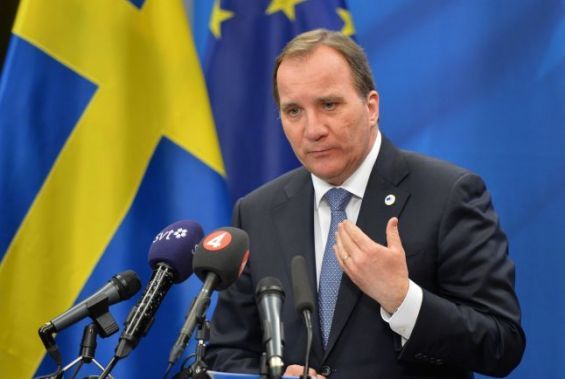On Thursday, 29th of November, in Brussels, the Council of the European Union approved the fisheries agreement signed between Morocco and the European Union. This adoption was not unanimous as Sweden voted against the treaty.
Sweden’s position at the Council of the European Union was ignored for several days, before Stockholm decided to make it public in an official statement. The latter was relayed by the Algerian news agency and pro-Polisario newspapers.
«Sweden is to vote against the European Union Council’s decisions on the Fisheries Partnership Agreement concluded between the European Union and the Kingdom of Morocco», wrote the Swedish government, reports SPS.
The same statement recalled that when «the mandate (requested by the European Commission to launch negotiations related to the new fisheries agreement with Morocco) was adopted in April, Sweden announced that its support for the future agreement would depend on the idea of fully respecting international law, including the two rulings of the Court of Justice of the European Union (CJEU)».
Stockholm’s position in 2011
For the record, the CJEU’s two rulings, pronounced in 2016 and 2017, urge the European Union to exclude Western Sahara from commercial agreements signed with the Kingdom.
It is, clearly, not the first time that Sweden says that it is voting against the agreement. In 2011, the country, led by a coalition of right-wing parties, opposed the idea of extending the 2007 fisheries agreement to one additional year.
This has prevented the European Commission from initiating negotiations with the Kingdom on the issue. At the time, Sweden was not the only European Union country to oppose the suggestion of the European Fisheries Commissioner Maria Damanaki. In fact, the United Kingdom, Austria, Finland, Denmark, Cyprus and the Netherlands had adopted the same position.
Swedish fishermen were not included in the 2014 fisheries agreement which expired on July the 14th, 2018. The list, however, includes Spain, Portugal, Italy, France, Germany, Lithuania, Latvia, the Netherlands, Ireland, Poland, Poland and the United Kingdom.





 chargement...
chargement...













